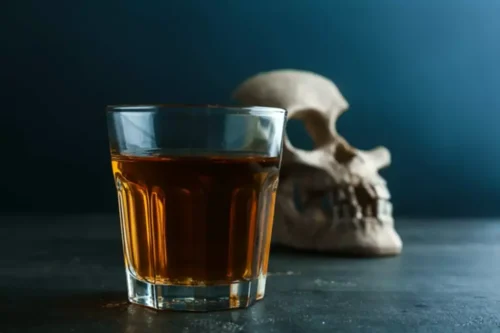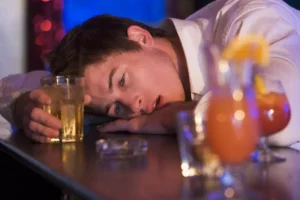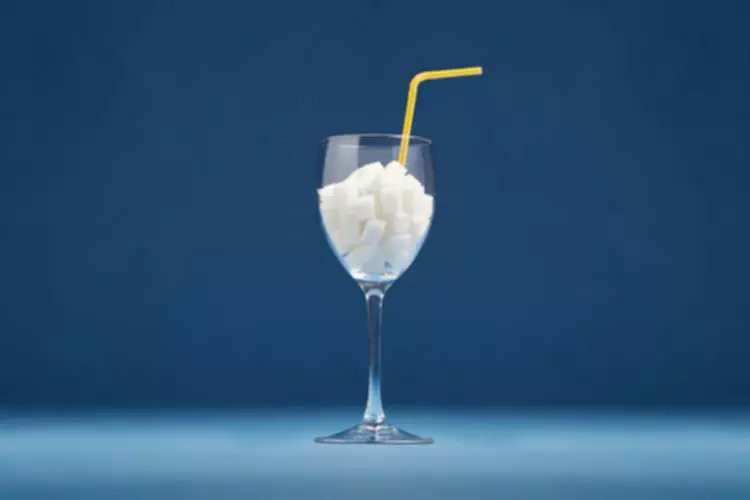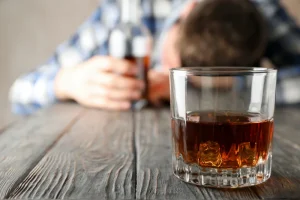There has been some research conducted on how abstaining from alcohol detoxifies your liver over time. Of all your body’s organs, your liver takes the biggest hit when it comes to alcohol. Also, be sure to have a ride lined up if you are drinking away from home.
Factors that Affect BAC
- Your liver metabolises and eliminates 95% of the alcohol you consume.
- I came across this service because it is more convenient to get virtual help.
- All of these services can help you reduce alcohol cravings and build a healthy, sober life.
- Doing that will mean understanding how your body processes alcohol and what impacts how quickly it does so.
Using mouthwash before a breathalyzer test can also reduce the reliability of that test. And, dying your hair with harsh chemicals can reduce the reliability of a hair test. In addition, if you have to hide alcohol use, it’s a good sign that you need help. If you’re struggling to curb alcohol use or to quit, even with a court order, it’s a good sign that you should ask for help. The short-term effects of alcohol can be broken down into three areas. A small dose of alcohol (1 to 2 drinks) lowers inhibitions and the ability to concentrate.
What are the signs that I should seek professional help for my drinking?
If you drink excessive amounts of water it can lead to water intoxication or poisoning, which affects brain function due to the swelling of cells, including brain cells. This swelling increases pressure within the brain, leading to symptoms like confusion, drowsiness, and headaches. In severe cases, it might result in high blood pressure and a slowed heart rate. Normally, alcohol is consumed orally, where it goes into the stomach and is then absorbed as it moves into the small intestine.
Treatment and Support Resources
If a person is identified with pre-addiction before alcohol issues become entrenched and then receives treatment, major emotional and physical pain could be averted. This post covers the range of problematic alcohol use from pre-addiction to AUD. If you are eating a balanced diet but experience symptoms like bruising or bleeding easily, feeling tired, or having unintended weight loss, see a healthcare provider.
Sleep is crucial as it allows the body to focus on metabolizing alcohol without interference from additional alcohol consumption. Remember that while these foods and drinks can support your recovery, the most effective way to eliminate alcohol from your system is time. Your liver will metabolize alcohol at its own pace, and these choices can complement the natural detoxification process.
Ready to Get Started on Your Journey to Long-Term Recovery?
When you’re trying to flush the alcohol out of your system, you must be honest with yourself. While having a couple of extra drinks one night is fair-game, recognizing that you have a drinking problem is a very different situation. Our body is so marvelous that it can help us flush out alcohol through sweating, breathing, and urinating. The rest of the contents go through the liver, which starts the detoxifying process.
New research has found that psilocybin reduces alcohol consumption in rats by altering the left nucleus accumbens in the brain. Most recently, real-world human studies have been very positive in reporting decreases in drinking for diabetic patients treated with GLP-1s (think Ozempic and Wegovy). Animal studies also show that GLP-1 receptor agonists suppress the rewarding effects of alcohol and reduce alcohol consumption. how to flush alcohol out of your system in 12 hours The metabolism of alcohol has been studied in detail, but many factors determine how long alcohol shows up on a drug test and how long it takes to be eliminated from your body. Depending on the type of test used as well as your age, body mass, genetics, sex, and overall health, alcohol is detectable from 10 hours to 90 days. If you are concerned about potential alcohol withdrawal symptoms, talk to your doctor.
- If you’ve been drinking heavily and/or regularly, suddenly stopping or cutting back on alcohol can cause physical and psychological symptoms of withdrawal.
- That’s because blood alcohol concentrations (BAC) can vary among people and situations.
- You can also enhance your body’s natural detoxifying process by drinking plenty of water, getting quality sleep, and exercising regularly.
- Navigating the aftereffects of alcohol consumption is a common challenge, sparking widespread curiosity about how to efficiently clear it from the system.
- It’s essential to listen to your body, and prioritize your health and safety during the recovery process.
- Beyond clinical practice, he’s an advocate for community awareness and early intervention in addiction prevention.
Next stop: the liver
So after one drink, your BAC should be back below the “drunk” threshold about 60 minutes after you drain your glass. But again, this is a generalization and could be different depending on the person and situation. In fact, an estimated one-third of people who receive treatment for alcohol issues are sober one year later, according to the National Institute on Alcohol Abuse and Alcoholism. If your drinking makes you feel out of control and you are ready to seek help, many organizations can assist you.
Heading Off Alcohol Use Disorder
If someone is showing any of these symptoms, don’t try to snap them out of it or assume that they’ll sleep it off. The only way to deal with alcohol poisoning is by getting emergency medical attention. That’s why it’s worth keeping tabs on how a drink makes you feel well before you get to that point, so you can know when it’s time to take a break or cut yourself off. You’ll start noticing the milder effects of alcohol within 15 to 45 minutes of sipping (think change in mood and maybe you’ll feel a little warm). Here’s everything you need to know — from what counts as drunk, to how your body processes booze, to how long the alcohol effects hang around.
Those might be signs of an underlying condition or damage to your liver or kidney, which help detoxify your body naturally. If your body is used to a certain amount of alcohol, you may feel certain effects when you stop. How you feel when you stop drinking is largely based on how often and how heavily you drink. People who only drink occasionally probably won’t notice any physical or psychological symptoms.






